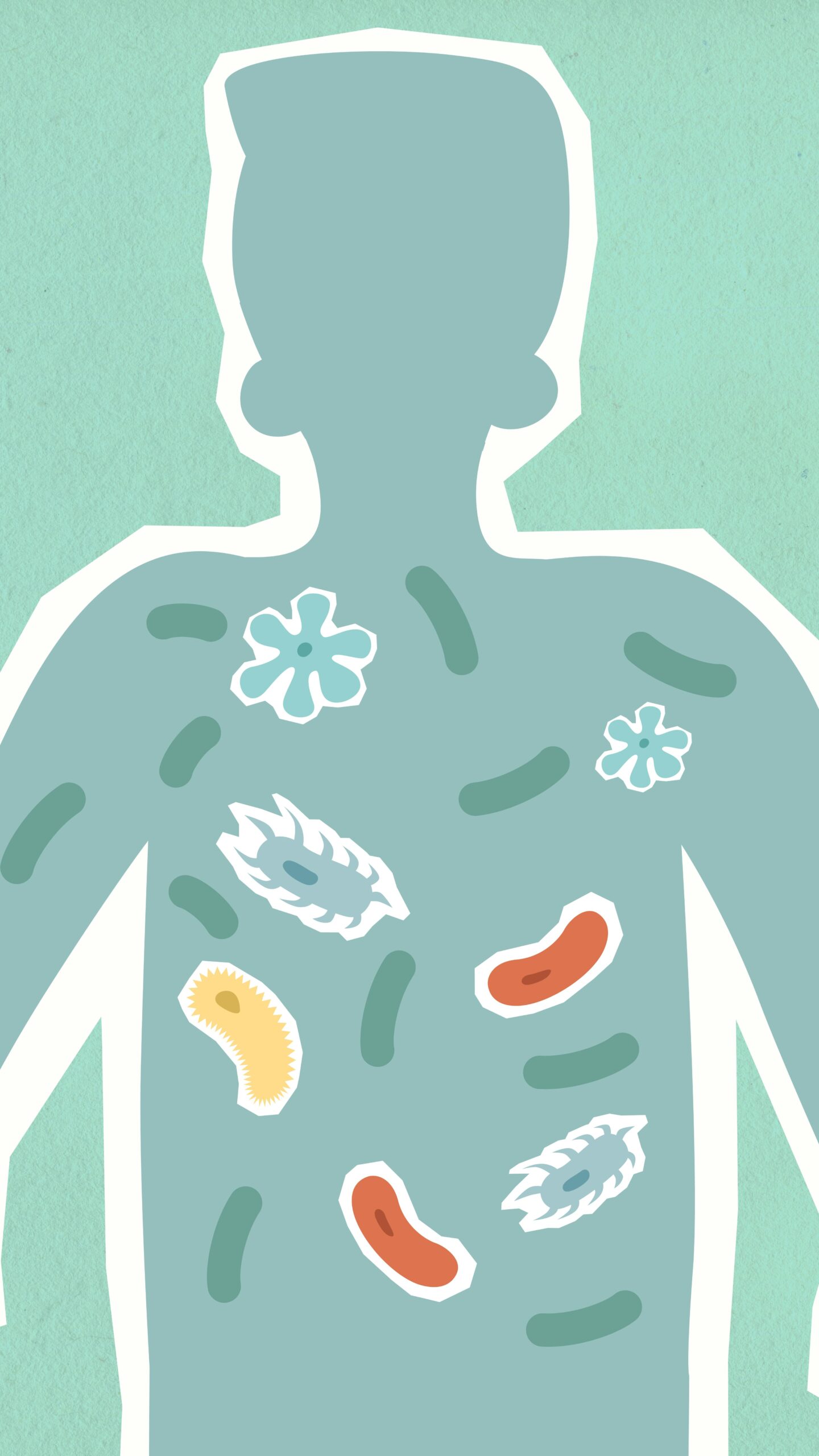Tag: nutrition
-

High Estrogen Levels: Symptoms, Causes, and How to Manage Them Naturally
Balance is key—whether it’s in our diet, emotions, actions, or even our hormones. Insulin, progesterone, and estrogen, are all potent chemical messengers that control mood, weight, metabolism, and reproductive health. Among these, estrogen is essential for women’s health since it affects cholesterol, bone density, menstrual cycles, and heart health. However, too much estrogen (estrogen dominance)…
-

Toxic Beauty? Understanding the Cancer Risks in Personal Care Products
Growing research suggests that certain chemicals in personal care products may be linked to cancer and hormone disruption. Every day, we use shampoos, lotions, deodorants, and makeup—but how often do we check what’s inside them?While not all ingredients are harmful, some warrant caution. Here’s what you need to know to make safer choices. Ingredients to…
-

Natural Solutions to Manage Anxiety and Sleep Disturbances
A cancer diagnosis and its treatment can take a heavy emotional toll, often leading to anxiety, stress, and sleep disturbances. The constant worry, physical discomfort, and side effects of therapy can disrupt restful sleep, creating a vicious cycle of fatigue and heightened stress. Fortunately, there are natural, non-medical strategies that can help restore balance and…
-

Gut Health: The Foundation of Overall Wellness
Your gut is more than just a digestive organ—it’s a complex ecosystem that plays a crucial role in your overall health. Your gut microbiota, which is home to more than 100 trillion microorganisms, affects immunity, metabolism, digestion, and even mental health. Since your gut contains 75% of your immune system, maintaining a healthy digestive system…
-

A Cancer Patient’s Guide to Safely Dining Out
While undergoing cancer treatment, your mood, cravings, and taste preferences may change frequently. These tips will assist you in making safer and healthier dining choices if you’re sick of eating the same home-cooked meals every day and would prefer to eat out. Choose a Hygienic and Reputable Restaurant The most important factor is selecting a…
-

Caring for the Skin: Supporting Melanoma Patients with Natural Therapies
Melanoma, the most serious form of skin cancer, requires intensive care that includes immunotherapy, surgery, and perhaps chemotherapy or radiation. Natural remedies can aid in healing, skin recovery, and general well-being, even when medical procedures are essential. Understanding Melanoma Treatment and Recovery Surgically removing the tumor is often the first step in treatment, which may…
-

Foods to Avoid for Better Health and Cancer Prevention
Eating nutritious food is essential for a healthy life, but it’s equally important to avoid foods that can harm your body. Certain foods can trigger inflammation, increase cancer risk, and negatively impact overall health. Here are some foods you should limit or avoid: Processed and Grilled Meats Processed meats like bacon, hot dogs, and deli…
-

Tools for Lung Cancer Patients: Easing Breathlessness and Anxiety
Respiratory issues such as exhaustion, persistent coughing, and shortness of breath are common in lung cancer patients, and they can cause mental stress and anxiety. A comprehensive strategy that incorporates breath-focused therapy, mindfulness, natural remedies, and a peaceful home environment is needed to manage these symptoms. Common Respiratory Challenges & Emotional Stress Breathlessness (dyspnea) is…
-

CRISPR and Gene Editing: The Future of Cancer Treatment
Overview of CRISPR in Medicine CRISPR (short for “clustered regularly interspaced short palindromic repeats”) is a technology that research scientists use to selectively modify the DNA of living organisms. CRISPR was adapted for use in the laboratory from naturally occurring genome editing systems found in bacteria. This revolutionary tool is now being used in medicine…
-

Soothing the Gut: Managing Digestive Issues in Colorectal Cancer Patients
Patients with colorectal cancer frequently have digestive discomfort as a result of the disease or its treatments. Radiation, chemotherapy and surgery have a significant impact on the patient’s gut microbiome and as a result, their quality of life . Some of the symptoms can include, but are not limited to nausea, constipation, diarrhea, and bloating.…
